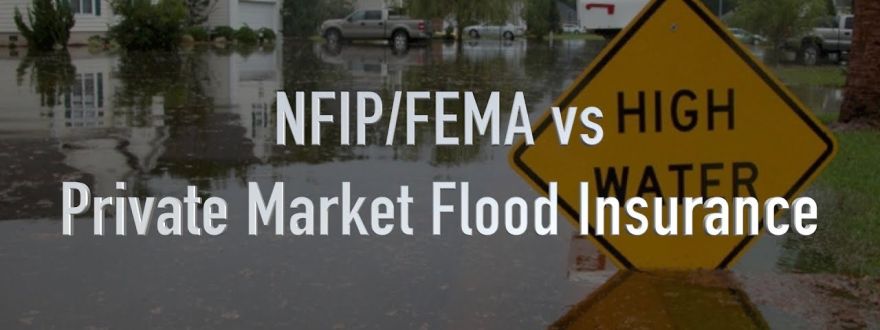
Private Flood Insurance vs. NFIP Flood Policy: What Floridians Need to Know
Introduction:
Florida, with its picturesque coastline and lush landscapes, offers an enviable lifestyle for residents. However, it also comes with the looming threat of floods due to its tropical climate and hurricane-prone geography. To protect your home and assets against flooding, you have two primary options: Private Flood Insurance and the National Flood Insurance Program (NFIP). In this article, we'll explore the key differences between these two flood insurance options, helping you make an informed choice to safeguard your Florida property.
Private Flood Insurance:
-
Customized Coverage: Private flood insurance policies are offered by private insurers, allowing for more flexibility in tailoring coverage to your specific needs. This means you can often get a policy that matches your property's unique flood risk.
-
Potentially Lower Costs: In some cases, private flood insurance can be more cost-effective than NFIP policies, particularly if your property's flood risk is relatively low.
-
Additional Coverage Options: Private insurers may offer additional coverages that go beyond the standard NFIP policy. This can include coverage for additional living expenses, basement improvements, or replacement cost coverage for personal property.
-
Coverage Exceeding NFIP Limits: If your property's value exceeds the maximum coverage limit provided by the NFIP, private flood insurance can bridge the gap and offer higher coverage limits.
NFIP Flood Policy:
-
Government-Backed: The NFIP is a federal program administered by FEMA, offering flood insurance to homeowners, renters, and business owners. It's the most well-known flood insurance program in the United States.
-
Standardized Coverage: NFIP policies offer standardized coverage, meaning the terms and conditions are consistent across policies. This can be beneficial for those who prefer a straightforward and easily understandable policy.
-
Mandatory for High-Risk Areas: If your property is located in a high-risk flood zone and you have a federally backed mortgage, you may be required to purchase an NFIP policy.
-
Community Participation: The NFIP works in conjunction with local communities, and participating in the program is often a prerequisite for federal disaster assistance in case of a flood event.
Key Differences:
-
Customization: Private flood insurance allows for more tailored coverage, while NFIP policies are standardized.
-
Cost: Private flood insurance can sometimes be more cost-effective, but costs can vary based on individual circumstances.
-
Policy Extras: Private insurers may offer additional coverage options that go beyond the NFIP's standard coverage.
-
High-Value Properties: If you have a high-value property, private flood insurance can offer coverage beyond the NFIP limits.
Conclusion:
Choosing between Private Flood Insurance and an NFIP Flood Policy in Florida ultimately depends on your property's flood risk, your budget, and your specific coverage needs. Both options provide valuable protection against flooding, but the level of customization and cost-effectiveness can vary. Partnering with a trusted insurance agent, like Butler Insurance Group, can help you assess your needs and find the right flood insurance solution to safeguard your Florida property. Don't wait until the next flood threat; act now to secure your peace of mind and protect your home and assets.



